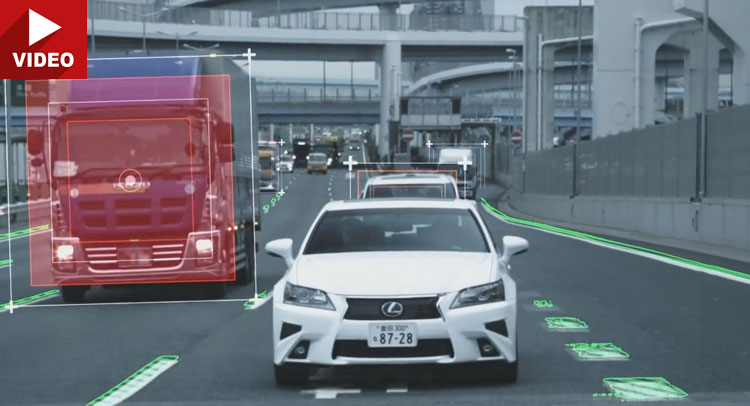Toyota’s third center in the United States will fund studies into artificial intelligence, materials science and robotics.
Known as TRI-ANN, the new research facility will build a 50-strong team that will commence operations in June and will join TRI-PAL, in Palo Alto, opened in January, which works with Stanford University, and TRI-CAM, in Cambridge, which works with the Massachusetts Institute of Technology.
The automaker states that each TRI facility will have a different core discipline and the latest one will focus on fully autonomous driving, while TRI-PAL will work on “guardian angel” driving, where the driver is always engaged and the vehicle assists when needed, while TRI-CAM dedicates its work to simulation and deep learning.
“Ann Arbor is a fantastic location for TRI to expand its autonomous driving efforts. We will benefit from Toyota’s existing team and the University of Michigan’s research talent and facilities where we can perform extreme-limit testing in a wide variety of environments“, commented Ryan Eustice, University of Michigan professor.
With an initial funding of $1 billion, the Toyota Research Institute (TRI) has four initial mandates. The first one is to strive to enhance automobile safety, as the ultimate goal is to create a car incapable of causing an accident, regardless of the condition or skill of the driver, while the second one is to work to increase access to vehicles for those who cannot drive, including older people and those with special needs.
The third goal is to translate the brand’s expertise in creating products for outdoor mobility into products for indoor mobility, while the final one will be to accelerate scientific discovery using techniques from machine learning and artificial intelligence, in the sphere of materials science, which will eventually help reduce costs and improve performance of upcoming mobility systems.



